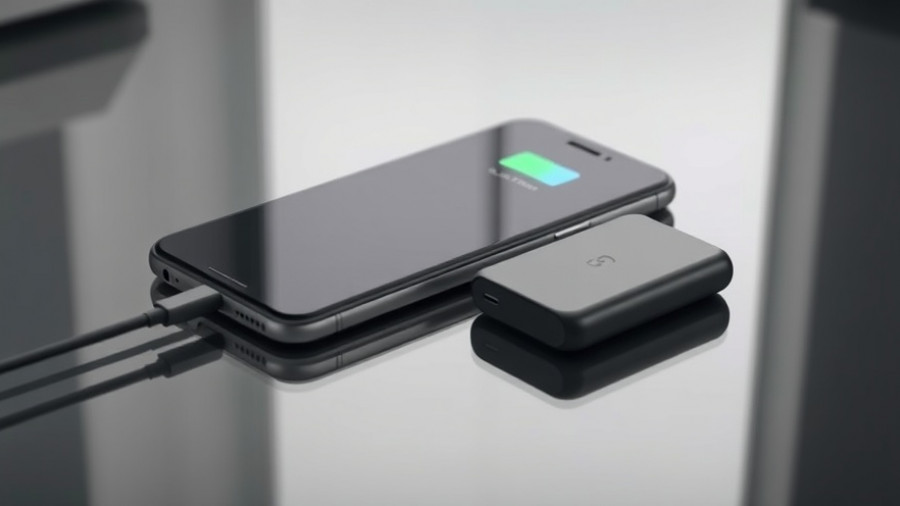
Understanding Emirates' New Power Bank Policy
As international travel continues to evolve, passengers are facing new regulations that aim to ensure safety aboard aircraft while balancing convenience. From October 1, 2025, Emirates Airlines will enforce a significant change: the prohibition of power bank usage and charging during flights. This comes amid a backdrop of increasing safety concerns surrounding lithium-ion batteries, which power most of our portable devices. According to Emirates, safety remains a top priority, and this decision seeks to mitigate the risk of fire incidents that can arise from these batteries.
Why this Change Matters for Travelers
This change might be frustrating for frequent flyers, especially those who rely on their devices to pass the time during long flights. Emirates has now set clear guidelines—passengers are allowed to carry one compliant power bank under 100 watt-hours (Wh) in their carry-on baggage. However, it cannot be charged once aboard. A typical smartphone charger fits comfortably within this limit, but travelers are advised to check battery capacities before departure. Notably, the airline recommends that passengers arrive with their devices fully charged, highlighting a self-sufficient approach to managing battery life during flights.
The Safety Landscape: Why This Matters
The decision by Emirates is not an isolated case. Amid reports suggesting a sharp rise in incidents involving lithium batteries, aviation authorities worldwide are tightening regulations. For context, the FAA in the U.S. documented over 300 battery-related fires within five years, while European counterparts faced similar challenges. In light of this, Emirates' new policy reflects a growing industry-wide effort to prioritize passenger safety and prevent potential hazards posed by exploding batteries. By keeping power banks stowed and out of active use, flight crews can promptly address any emergencies.
Travelers' Adaptation: Strategies for a Smooth Flight
For travelers who might find this restriction disheartening, it could be helpful to embrace new strategies for managing device use during flights. First, ensuring that gadgets are fully charged before boarding is essential; passengers may want to opt for devices that can perform multiple functions—like e-readers or tablets— that provide a range of entertainment options without needing constant power. Additionally, engaging in offline activities, such as reading or journaling, could enhance the flight experience.
Environmental Considerations in the Age of Travel
Interestingly, while this policy primarily aims to address safety, it aligns with the broader narrative of sustainable travel. Emirates' decision reflects a conscious effort to secure a balance between passenger safety and environmental impacts. As demand for travel surges, more airlines are adopting policies that promote responsible tourism by addressing potential safety hazards linked to battery technology. As travelers, reinforcing sustainable practices, whether through reducing device dependency or making conscientious travel choices, can contribute to a healthier planet.
Conclusion: A Call for Conscious Travel
As the aviation landscape changes, so too must the habits of travelers. Emirates’ new policy against power bank usage is a reminder of the importance of safety onboard airplanes while encouraging awareness regarding personal devices. As we navigate these new challenges, how we adapt can lead not only to safer travel experiences but also to a collective effort towards more sustainable choices. Understanding the impact of our travel choices on the environment is crucial, making it even more imperative to think twice about our device usage and support airlines committed to enhancing safety and sustainability. Letting this awareness guide our travel decisions can foster a commitment to making the world a better place.
 Add Row
Add Row  Add
Add 




Write A Comment